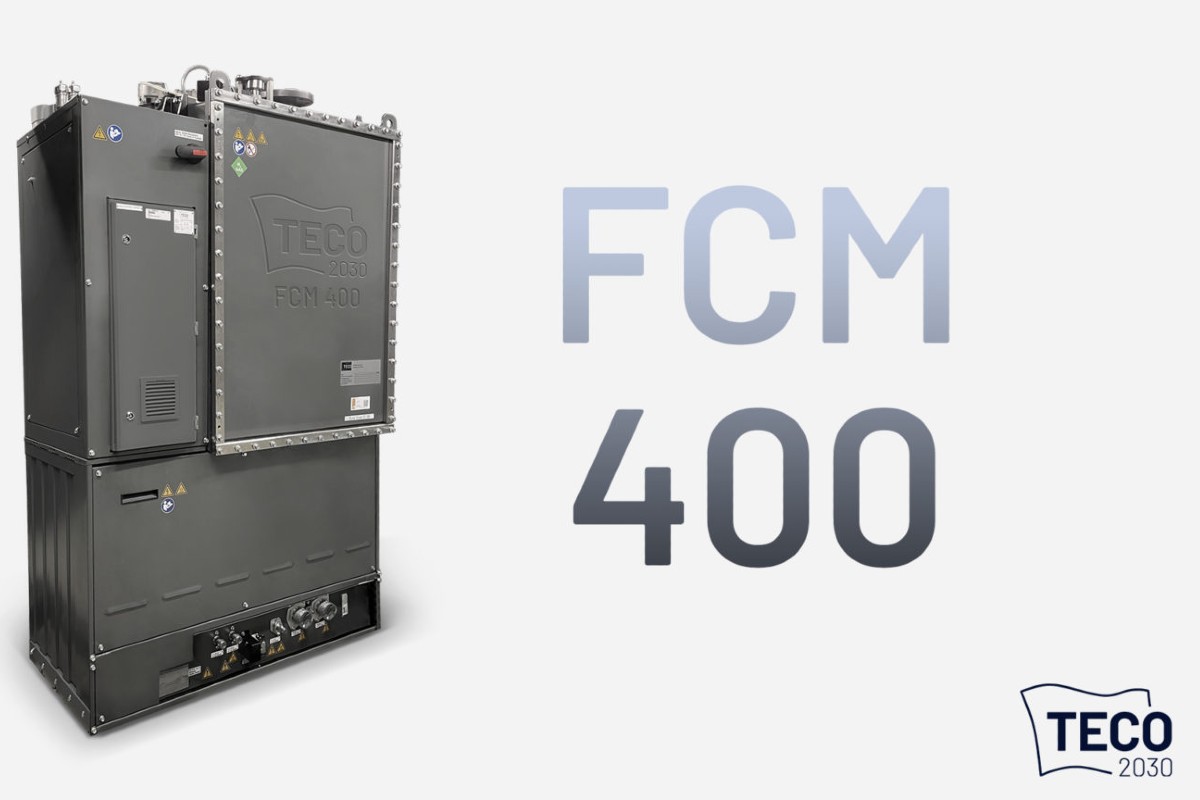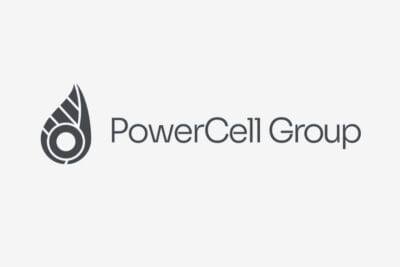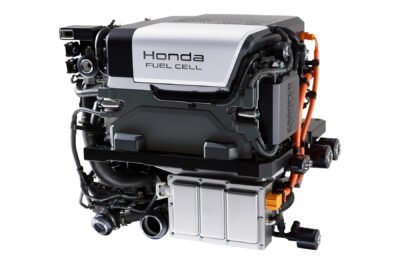Fuel cell specialist Teco 2030 aims to build license business
Through the upcoming license agreements, Teco 2030 aims to accelerate the introduction of its fuel cell technology in heavy-duty applications with international partners. Teco 2030 is known for projects in the maritime sector and heavy-duty road transport. The company sees the licensing model as an opportunity to tap into international growth potential, whereby FC stack production “could continue to take place in Norway,” according to a company statement.
Teco 2030 justifies its business model reorientation by citing the sluggish willingness to invest in its home market and “delays in regulation in Norway.” Regarding investors’ reluctance, Teco 2030 states, “Despite efforts to secure risk financing in Norway, both from public and private sectors, the interest and capital support for clean-tech projects remain limited.”
The Norwegian company cites the USA, India, East- and Southeast Asia as future target regions, as “strong government support and significant public investment in hydrogen are increasing there.” Regarding the USA, Teco 2030 notes initiatives such as the “Bipartisan Infrastructure Law” and the “Inflation Reduction Act,” which create a favourable investment climate. The opportunities arising from these opportunities will be exploited via the US subsidiary Teco 2030 Inc.
In India, massive government and private investments in the hydrogen economy have drawn attention to the subcontinent from around the world. Both the government and energy giants like Adani and Reliance industries are investing billions in transitioning hard-to-decarbonize sectors off oil dependency. For its part, Teco 2030 has planned a joint venture with Advait Infratech Limited in India.
The PEM fuel cell technology that Teco 2030 has developed in collaboration with the Austrian company AVL List GmbH, is to remain the core of the business. The company is also currently building a production plant for stacks and modules in Narvik, Norway, with the aim of achieving an output of up to 200 MW in 2025 and 1.6 GW of fuel cells in 2030.
Beyond what are known as hard-to-decarbonise sectors in transport, such as maritime, aviation and heavy-duty, long haul road and rail transport, the Norwegian hydrogen technology specialists are covering another promising aspect of the hydrogen economy in stationary storage. TECO 2030 has introduced its fuel cell backup (FCB) solution, which the company says offers efficient, zero-emission backup power for data centres and other critical infrastructure. The company points out that this offering complements its other offerings in the clean energy space.
In the industrial policies of the aforementioned regions, such as from the USA, India, Korea, Japan and Southeast Asian countries, hydrogen transport technology and stationary storage with hydrogen production complement each other through an architecture of hydrogen ports, hubs, valleys and pathways, whereby transport sectors powered with hydrogen fuel cell and hydrogen-related fuels (green ethanol and methanol – or e-fuels) represent important first mover pathways between hydrogen hubs and ports and valleys.





0 Comments